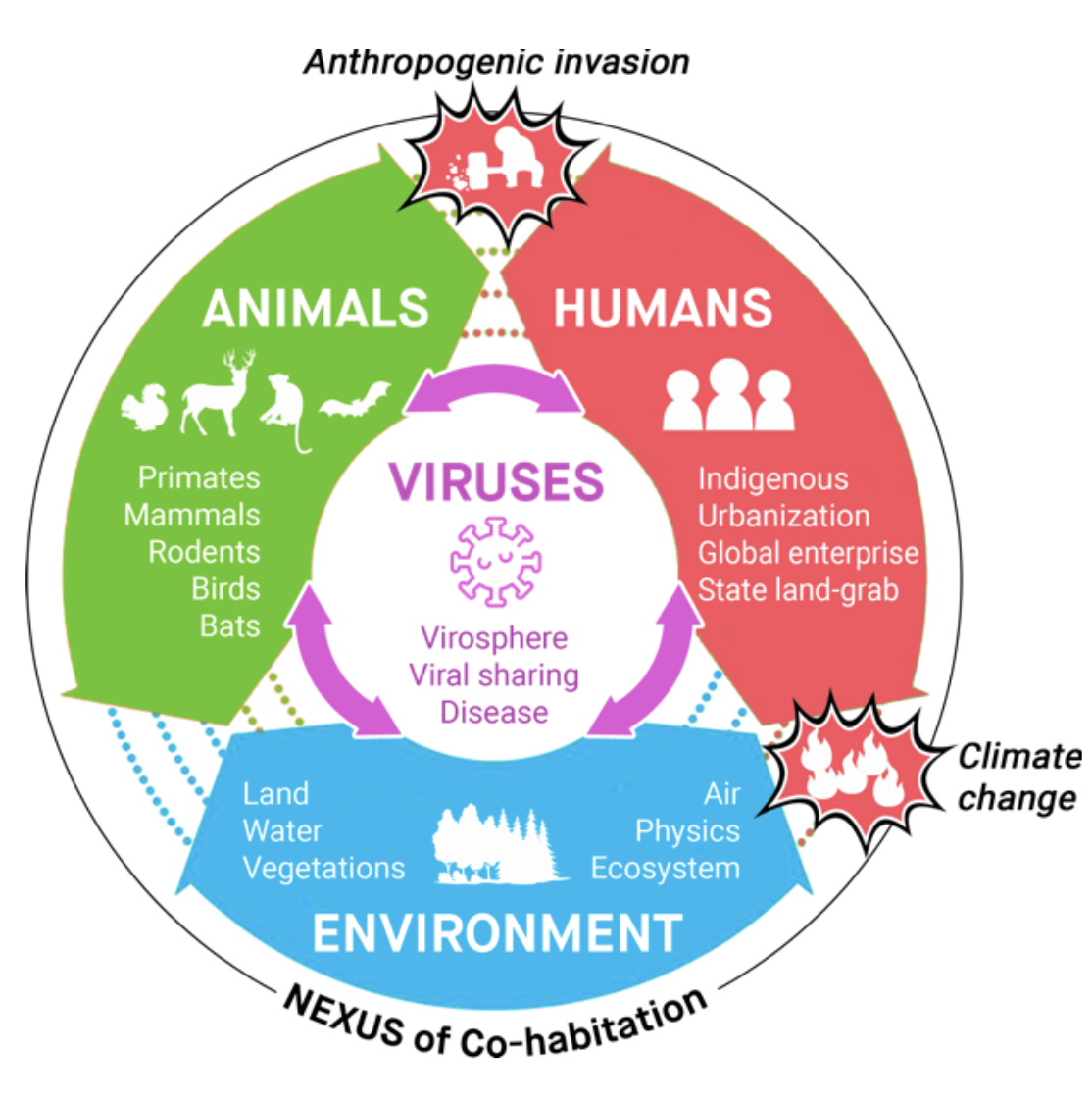Members
応募書類の受付は4月26日13時に締め切りました。
書類の受諾状況は、5月中旬頃に応募者登録サイトに表示されます。
"Application forms were closed at 13:00 on 26 April.
The acceptance status of documents will be displayed on the registration website around mid-May."
14th
Term: Apr. 2024 ~
 :Global Type
:Global Type
 :Tenure-track Type
:Tenure-track Type

● OPHINNI Youdiil Assistant Professor
Research Interests: Virology
Research Topic: Vulnerable nexus in the Anthropocene: A One Health study of viruses at Indonesia's desecrated nature-human interface
Host Department: Center for Southeast Asian Studies
Previous Affiliation: Center for Southeast Asian Studies, Kyoto University
Short Introduction
I practiced MD in Indonesia before pursuing PhD in Kobe University in Japan, continued with five years of postdoctoral work in Harvard University in the US and Osaka University in Japan, before joining as an Assistant Professor in Kobe. I have been involved in clinical and basic studies on virology, including randomized clinical trial on HIV-hepatitis co-infection, cell-based CRISPR-Cas therapy as HIV cure, and RNA-binding proteins role in antiviral innate immunity.

Fig. 2. A One-Health schematic to elucidate the virosphere and viral spillover in a cohabitation nexus.
In this study, my objective is to utilize the One Health approach to tackle the vulnerability of ecological nexus, in the context of viral infections, in degraded nature-human interfaces in Indonesia. The initial primary phase involves a comprehensive mapping of the viral landscape among wildlife, humans, and the physical environment in a selected area with ongoing anthropogenic intrusions. Next, I will elucidate the more-than-human lives affected in this area using a multi-species ethnographic approach. Then, I aim to forecast the repercussions of anthropogenic desecration on viral spillover and translate these findings for actionable policies aligned with the Generalizable One Health Framework. Homogenization of the virosphere has been previously hypothesized as a consequence of the Anthropocene. Through this study, I seek to demonstrate the adverse impact of human expansion on viral ecology to be as evident as its impact on climate. While human growth is inevitable, understanding spillover dynamics and the potential risks to humanity may prompt the prioritization of One Health in policies, akin to the decoupling of economic growth.
Bibliography
1. Ophinni Y, Miki S, Hayashi Y, Kameoka M. Multiplexed tat-targeting CRISPR-Cas9 protects T cells from HIV-1 with inhibition of viral escape. Viruses. 2020 Oct 28;12(11):1223
2. Ophinni Y, Palatini U, Hayashi Y, Parrish NF. piRNA-guided CRISPR-like immunity in eukaryotes. Trends Immunol. 2019 Nov, 40(11): 998-1010
3. Ophinni Y, Inoue M, Kotaki T, Kameoka M. CRISPR-Cas9 system targeting regulatory genes of HIV-1 inhibits viral replication in infected T cell cultures. Sci Rep. 2018 May 17, 8(1): 7784








